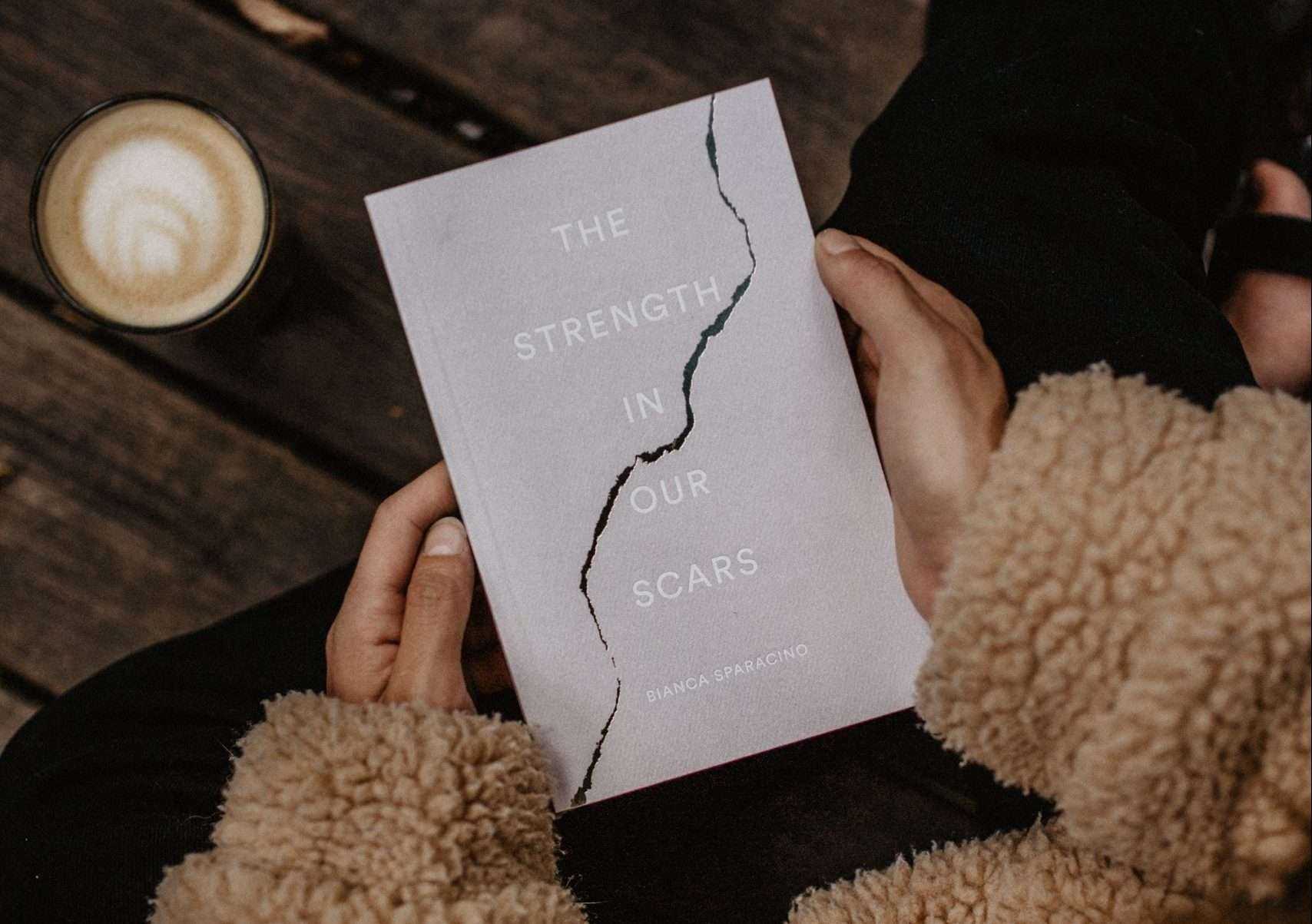BY DESMOND BOLLERS
It is not by accident that the stories of our ancestors’ bids for freedom are not well known.
It is the result of a deliberate and concerted effort by the enslavers and oppressors to blot out these events from the narrative. It made absolute sense for the enslavers to suppress news of: conspiracies, insurrections, plots, rebellions, revolts and uprisings by the enslaved at the time these occurred because of their well-founded fear of the “Demonstration Effect” – that is that news of bids for freedom in one territory would inspire or incite similar activity in other territories. It should be noted that the highest number of revolts or planned revolts by enslaved Africans in the Caribbean occurred during the tumultuous decade of the 1790s, which was when the people of St. Domingue were fighting for their freedom.
Recognizing the importance of exerting mind control over the enslaved Africans, the British in 1807 published what became known as the ‘Slave Bible’ – actual title ‘Parts of the Holy Bible, selected for the use of the Negro slaves, in the British West-India Islands’ (which coincided with the promulgation of the Act of Parliament abolishing the ‘Slave Trade’) with the goal of convincing the enslaved Africans that they should meekly accept their lot and await their redemption in the afterlife. This attempt clearly didn’t work because three of the biggest revolts by enslaved Africans in the British colonies, indeed in the entire American continent, occurred after this Bible was introduced to the Africans. What is particularly ironic is that two of the three revolts were instigated and led by a preacher, or a deacon who clearly interpreted the heavily truncated bible very differently from what the enslavers had anticipated.
With the end of slavery, the colonial ruling classes and their acolytes moved to erase the story of those bids for freedom from the narrative, as a means of continuing to exert mind control over the majority population, instilling in our minds the notion that we are only free because of their good intentions.
As I am at pains to explain in the free online course ‘Freedom Fighters of the Caribbean,’ this was most definitely not the case. So, it is our responsibility to ensure that we tell our story from our perspective, because when we allow others to write the narrative, then their interpretation of the events that make up our past may be influenced by their biases whether implicit or conscious.

